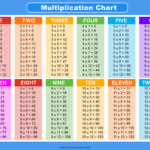Are you on the hunt for engaging and educational printable worksheets for your kids or students? Look no further! We’ve got you covered with a wide variety of free resources that are perfect for learning at home or in the classroom.
Whether you’re teaching math, language arts, science, or more, our printable worksheets are designed to make learning fun and effective. From coloring pages to word searches to math puzzles, there’s something for every age and skill level.
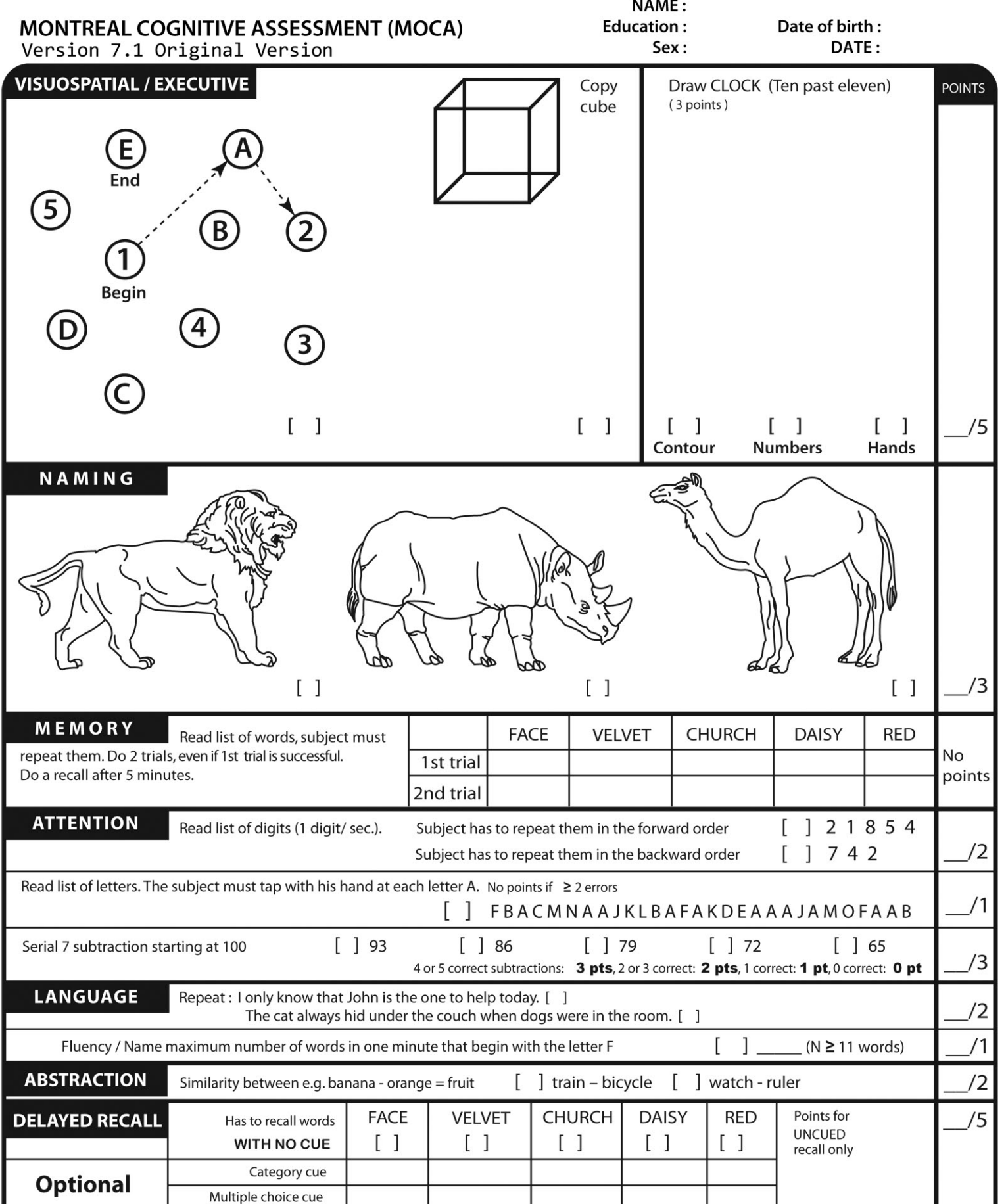
mini mental exam printable
Mini Mental Exam Printable
Looking for a quick and easy way to assess cognitive function? Our mini mental exam printable is a handy tool for evaluating memory, attention, and more. Simply download, print, and use it to track progress over time.
With our printable worksheets, you can easily supplement your child’s education and keep them engaged with interactive activities. Whether you’re working on spelling, counting, or critical thinking skills, there’s a worksheet for every subject and concept.
Parents and teachers alike love our printable worksheets for their convenience and effectiveness. With just a few clicks, you can access hundreds of resources to support learning and reinforce key concepts in a fun and engaging way.
So why wait? Start exploring our collection of printable worksheets today and bring a new level of excitement to learning. Your kids or students will thank you for the extra practice and you’ll love seeing their skills grow with each worksheet completed. Happy learning!
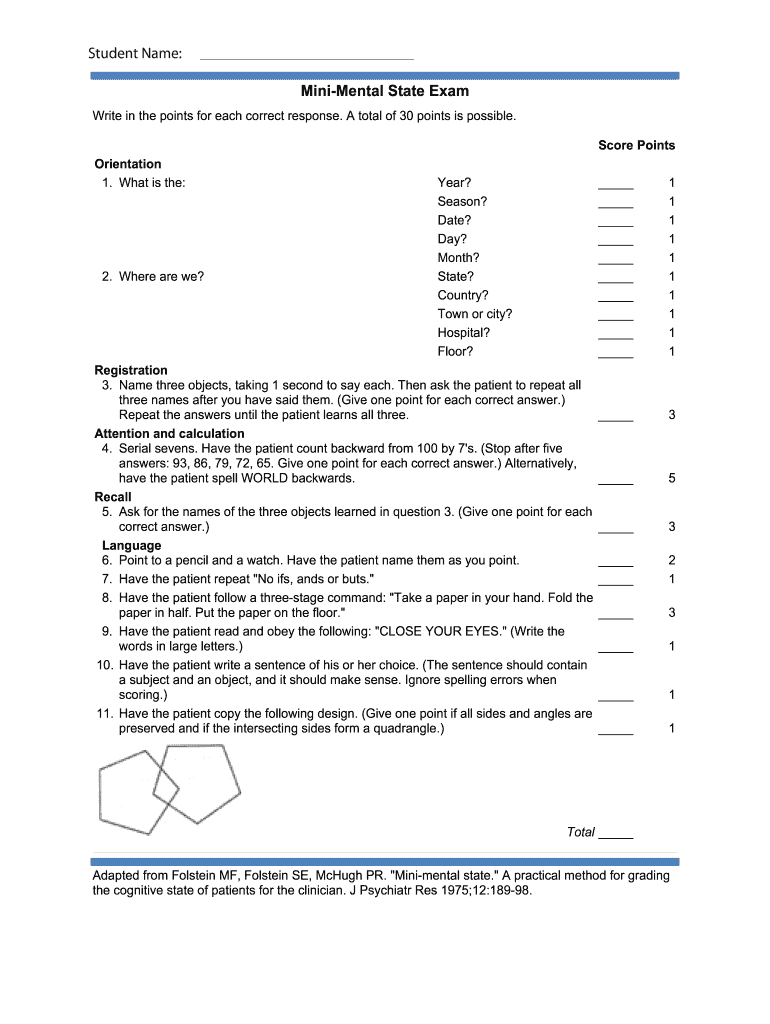
Mmse Score Fill Out Sign Online DocHub
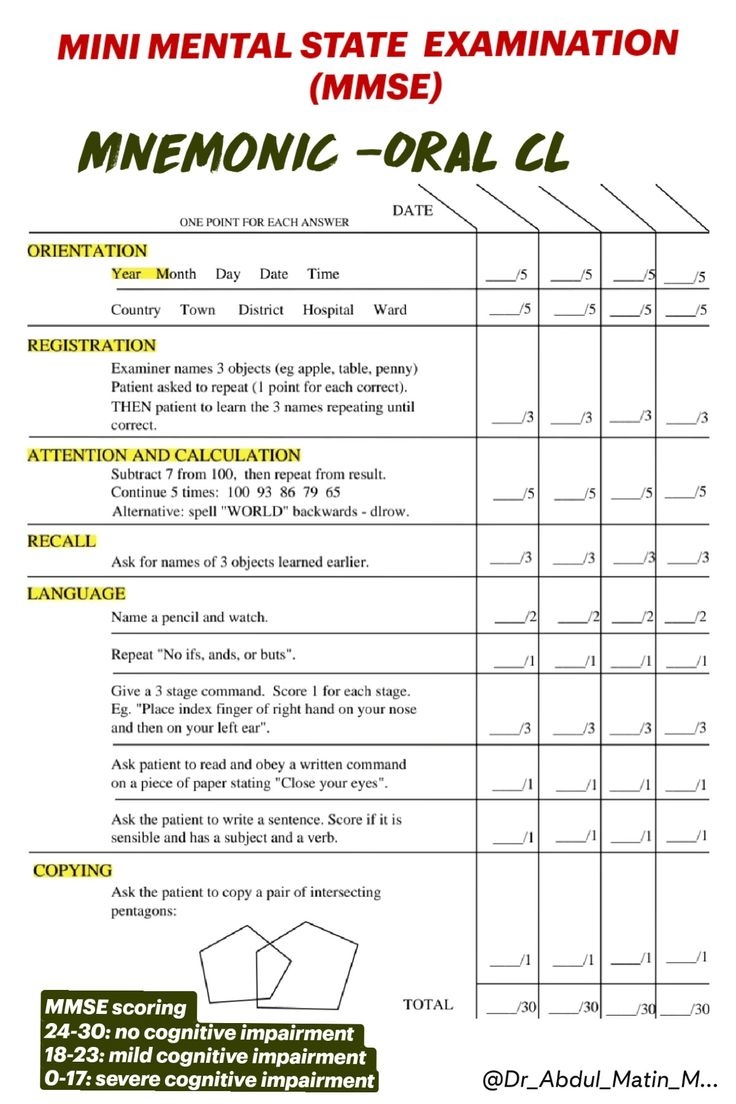
From DIY organizers, mini mental exam printable offers stylish planning pages.
With family-friendly organizers, it’s easy to keep scheduling every day.
MINI MENTAL STATE EXAMINATION MMSE Mnemonic ORAL CL
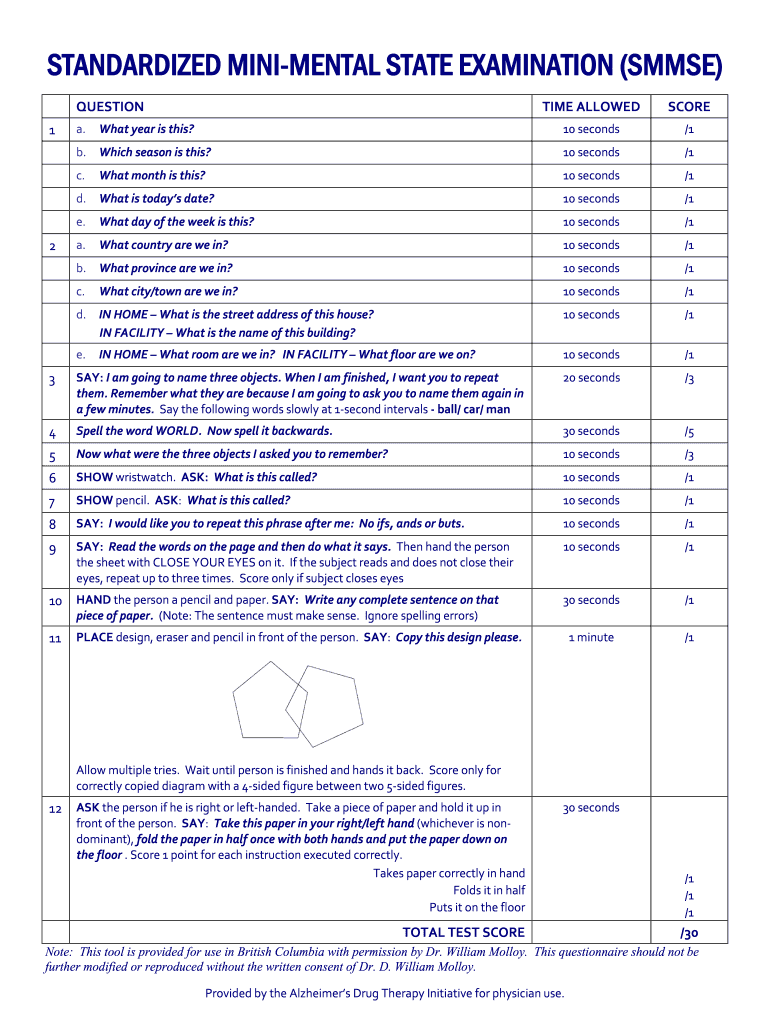
Mmse Pdf Fill Out Sign Online DocHub
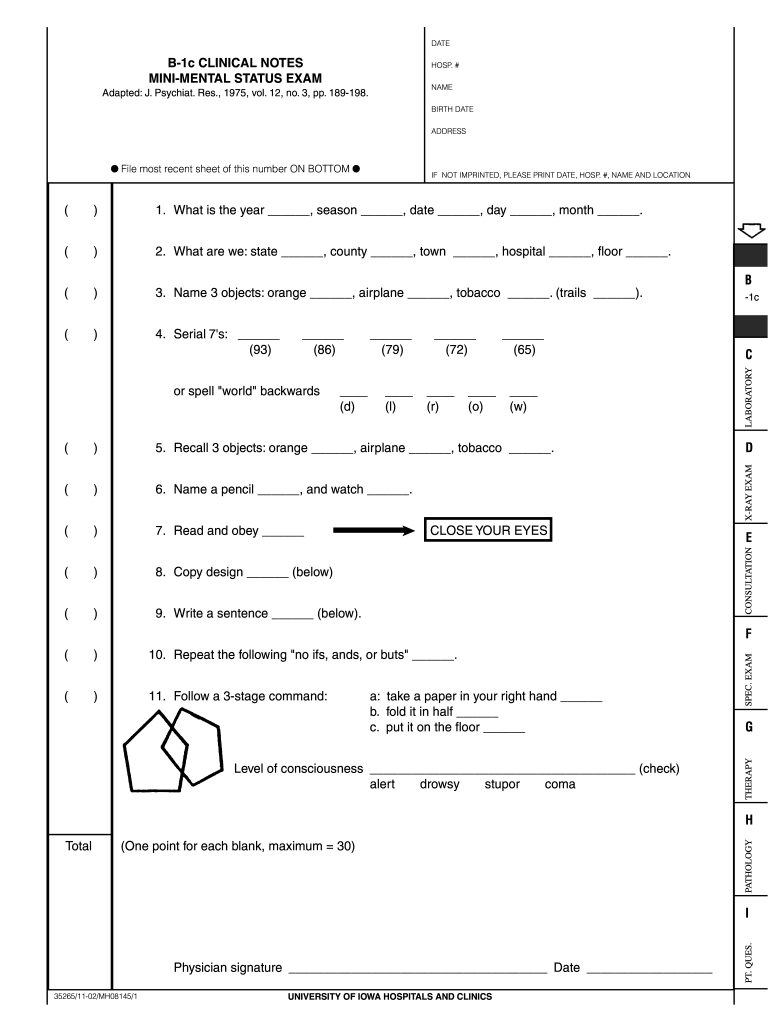
Mini Mental State Examination Form Fill Out Sign Online DocHub
Keep coming back to mini mental exam printable for fresh downloads and customize your workflow.
Be it for study enrichment, mini mental exam printable is your perfect printable solution. Your future self will thank you!

